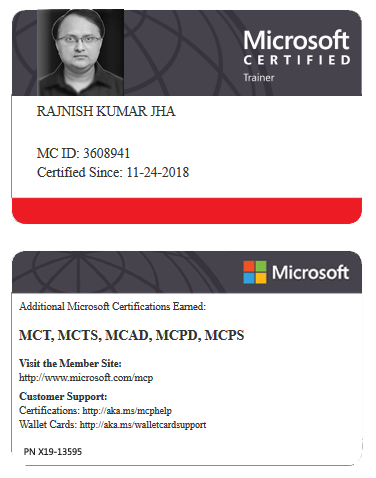Exploring variables in Release Pipelines in Azure DevOps
Variables in Azure DevOps pipelines provide a way to store and manage dynamic values. They are essential for configuring pipelines dynamically and securely without hardcoding values directly into the pipeline definition.
1. Types of Variables
Predefined Variables
Definition:
Built-in variables automatically provided by Azure DevOps for pipeline configuration.
Use Cases:
Reference pipeline context, agent details, repository, and runtime data.
Examples:
| Variable Name | Description |
|---|---|
| Build.BuildId | Unique ID for the build. |
| Release.ReleaseId | Unique ID for the release. |
| System.JobName | Name of the current job. |
| System.TeamProject | Name of the current project. |
| Agent.WorkFolder | Folder used by the agent. |
Syntax:
YAML:
$(VariableName)Classic:
$(VariableName)
Pipeline Variables
Definition:
Custom variables defined at the pipeline level and available throughout the pipeline.
Scopes:
Can be global or scoped to specific stages/jobs.
Usage:
xxxxxxxxxx51variables2nameenvironment3 valueproduction4steps5scriptecho "Deploying to $(environment)"Stage Variables
Definition:
Variables specific to a particular stage in a pipeline.
Scope:
Restricted to the stage they are defined in.
Usage:
xxxxxxxxxx91stages2stageDeploy3 variables4nameenvironment5 valuestaging6 jobs7jobDeployJob8 steps9scriptecho "Deploying to $(environment)"Variable Groups
Definition:
Collections of variables stored in Azure DevOps for reuse across multiple pipelines.
Features:
Variables can be normal or secret.
Provide a centralized management approach.
Usage:
Navigate to Pipelines > Library > + Variable Group.
Add variables to the group.
Link the variable group to your pipeline:
xxxxxxxxxx41variables2groupMyVariableGroup3steps4scriptecho "Using $(MyVariable)"Normal and Secret Variables
Normal Variables:
Store non-sensitive values like file paths or environment names.
Directly visible in pipeline logs when used.
Secret Variables:
Encrypt sensitive information like passwords or tokens.
Masked in pipeline logs.
Can be used from:
Pipeline definition.
Variable groups in Azure DevOps.
Usage:
Define secrets in the pipeline UI or YAML:
xxxxxxxxxx41variables2namemySecret3value$(mySecret)4isSecrettrueSecrets from the Azure DevOps library are used the same way.
2. Scope and Precedence of Variables
Scope
Global Scope: Available across all stages, jobs, and steps.
Stage Scope: Restricted to the specific stage in which it’s defined.
Job Scope: Limited to the job in which it’s defined.
Precedence
Pipeline-defined variables override library variables.
Variables defined in a job override stage or global variables.
3. Best Practices
Centralize with Variable Groups:
Use variable groups for shared configurations.
Keep secrets secure by defining them in variable groups.
Environment-Specific Variables: Use stage-specific variables to configure pipelines for Dev, QA, and Prod environments.
Secret Management: Store sensitive data in secrets or integrate with Azure Key Vault.
Avoid Hardcoding: Use variables for dynamic values and configurations.
Parameterize Pipelines: Use variables to control pipeline behavior dynamically.
4. Example YAML Pipeline
xxxxxxxxxx211trigger2main3variables4nameenvironment5 valuestaging6nameversion7 value1.0.08stages9stageBuild10 jobs11jobBuildJob12 steps13scriptecho "Building version $(version) for $(environment)"14stageDeploy15 variables16nameenvironment17 valueproduction18 jobs19jobDeployJob20 steps21scriptecho "Deploying to $(environment)"Summary
By understanding and leveraging variables effectively, you can create highly flexible, reusable, and secure Azure DevOps pipelines. Keep me posted through your comments and also mention if you’d like a deeper dive into a specific variable type or usage scenario. Thanks in advance.






















Leave a Reply